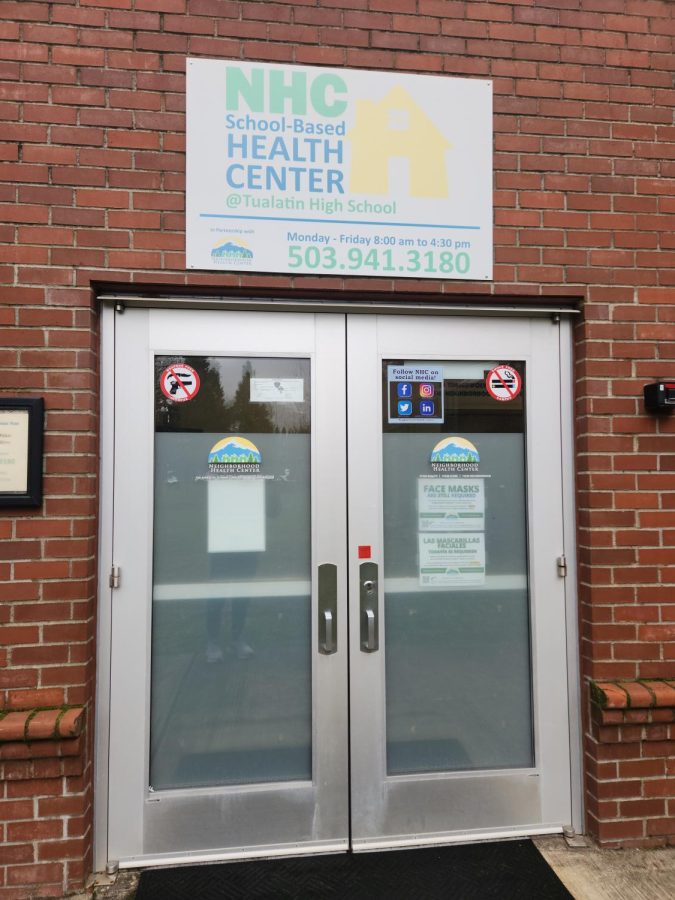New variants contribute to rise in COVID-19 cases … again
February 10, 2023
As 2023 has begun, a resurgence COVID-19 cases has followed suit. With health officials predicting a worse-than-average spread of infectious respiratory diseases, coupled with the combination of Respiratory Syncytial Virus (RSV) and Influenza (Flu), hospitals have already begun to overflow with patients.
Recently, two new strains of the Omicron variant have been discovered, known as SARS-CoV-2 and XBB. 1.5. They’re believed to have stronger resistance to current COVID-19 vaccines; however, that doesn’t mean vaccines are completely ineffective. According to the Centers for Disease Control and Prevention (CDC)), symptoms of SARS-CoV-2 include fever, chills, cough, shortness of breath, difficulty breathing, fatigue, muscle or body aches, headaches, sore throat, loss of taste or smell, congestion or runny nose, nausea and vomiting. If you have any of these symptoms, stay home. If you happen to be at school, you can visit the Tualatin High School-Based Health Center (SBHC) located on the west end of Tualatin High School. It can be accessed from the sidewalk connecting the teacher and student parking lots.
Similar to the Spanish Flu of 1918 and the Black Plague of 1346, the COVID-19 virus will never truly disappear. As individuals gain immunity from infections and vaccinations, the COVID-19 variants will become less deadly, essentially turning into a common flu. Experts currently estimate that about 70 percent of individuals have some level of immunity from current and future variants due to vaccinations and infections. Although variants become decreasingly fatal over time, that doesn’t mean potential variants can’t become as deadly or even worse than the original.
COVID-19 has been detrimental to society, with over 6 million deaths worldwide, but it has also revolutionized our day-to-day lives. With the introduction of artificial intelligence (AI), specifically in the healthcare industry, individuals are able to receive medical treatment and advice despite the significant deficit of healthcare workers.


